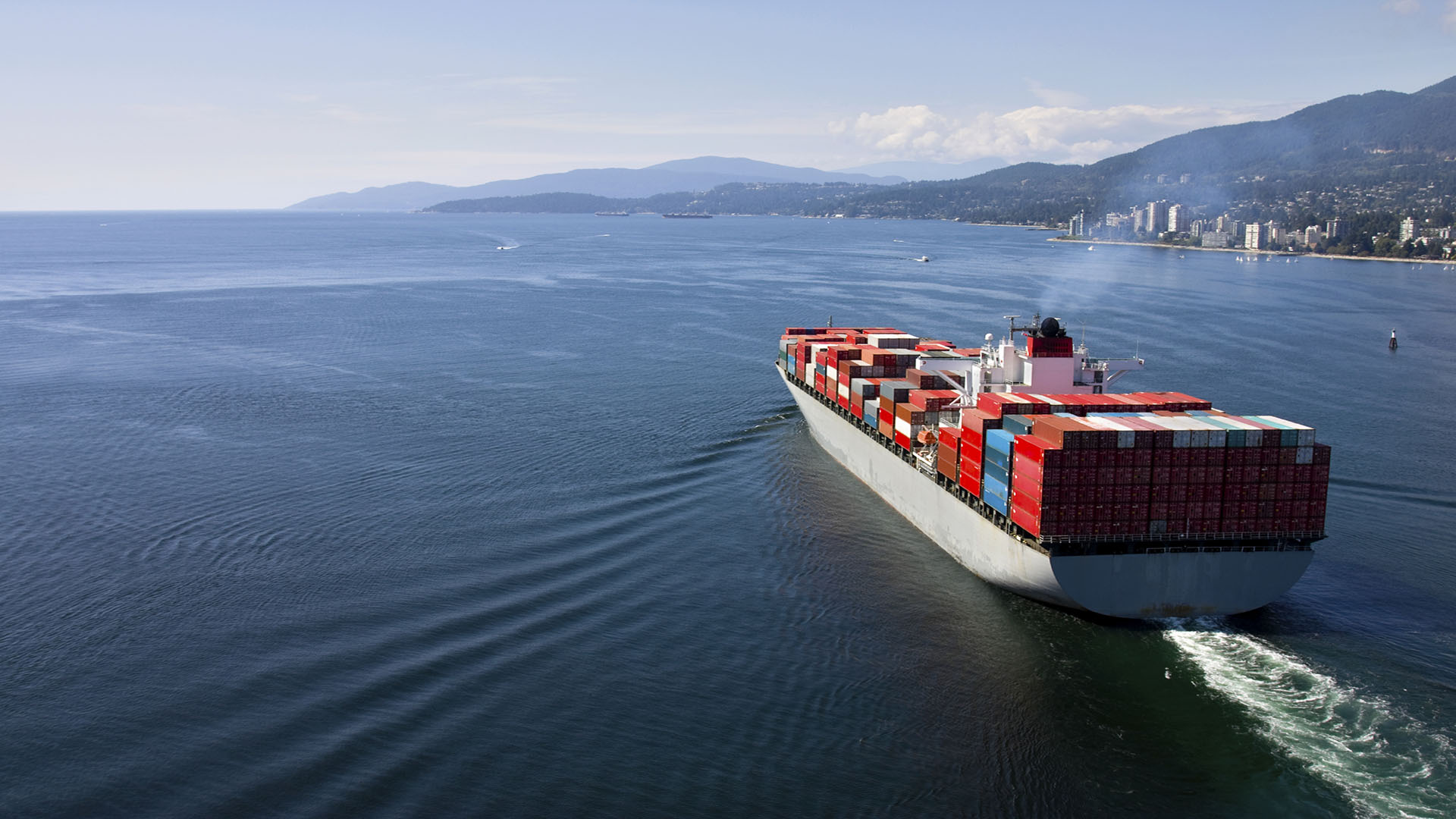
Libya – Extension of Sanctions Legislation
On 7 June 2011, the Council of the European Union agreed Council Decision 2011/332/CFSP. This sets out the Council’s intention to designate six port authorities in Libya for an asset freeze.
The designated port authorities, which have been identified as being controlled by the Qadhafi regime, are:
- Port authority of Tripoli
- Port authority of Al Khoms
- Port authority of Brega
- Port authority of Ras Lanuf
- Port authority of Zawia
- Port authority of Zuwara
The asset freeze will take effect on the publication of an implementing Regulation, which is expected shortly.
Once the Regulation is adopted no funds or economic resources may be made available, either directly or indirectly, to or for the benefit of the designated port authorities. In practice, this will mean that it will not be possible to pay port or other fees to these port authorities for any reason, including to dock at the ports listed.
Exemptions
Member State authorities will be able to authorise exemptions from the asset freeze for the execution of prior contracts until 15 July 2011. This means that payments to port authorities that are necessary in order to fulfil an existing contract will be permitted.
A ‘prior contract’ is construed as one which was concluded prior to the date that the implementing Regulation comes into force. The contract does not have to be with the port itself, but the port must be the location of delivery under the contract.
It should be noted that this ‘prior contract’ exemption does not apply to contracts relating to oil, gas and refined products.
This exemption only exempts a party from complying with the asset freeze in so far as it applies to the port authorities. It will not be possible to use this exemption to send goods to any other designated persons or entities.
Until 15 July 2011, therefore, it will be possible to make a payment to a designated port authority in relation to, for example, a non-oil/gas/refined products shipment going to a non-designated recipient in Libya, provided that the payment is made under a contract concluded before the date of the implementing Regulation.
A formal application will need to be made in order to take advantage of the exemption. In the UK, for example, a licence from HM Treasury must be applied for.
A further exemption applies for the sending of humanitarian shipments to Libya.
The Effect of the Asset Freeze
These new EU measures will have a serious impact on trade with Libya.
Members who currently have contracts in place which require discharge at one of the listed ports will need to check carefully whether all fund transfers involving the port authorities will have been completed by 15 July 2011. If not, then it may be necessary to consider agreeing a variation to the charterparty so as to avoid the need to discharge at a Libyan port.
The designation of these six port authorities for an asset freeze highlights the importance of explicitly excluding Libya from the trading limits of any new charterparties. Doing so will avoid the risk of falling foul of these new sanctions provisions.
Penalties
The Council Decision extends the sanctions provisions already in place. As such, the same penalties will apply.
It is for the individual Member States to lay down rules on exactly what penalties apply, but they are likely to be strict. In the UK, for example, breach of sanctions legislation may result in criminal prosecution and two years imprisonment and/or unlimited fines. Further, where a corporate entity commits an offence, culpable individuals (for example, directors) can be punished.
Resources
The full text of the Council Decision is available on Eur-Lex
Trading with Libya: Payment Issues
Since the sanctions provisions in relation to Libya came into force, various issues have arisen as regards trading with Libya. These particularly relate to the receipt of payments.
In considering these issues, it is necessary to distinguish between cases where a Libyan party is refusing or is unable to pay, and cases where the funds are available but payments are prevented by sanctions provisions. In the former case, this is a private contractual matter, and should be resolved between the parties. In the latter case, the party who is expecting the payment should first investigate whether the transaction in question is covered by an existing licence, issued by the relevant authority, which will enable them to receive the payment. If not, then they may be able apply for such a licence. In the UK, for example, an application should be made to HM Treasury’s Asset Freezing Unit.
Member Alert is published by The Swedish Club as a service to members. While the information is believed correct, the Club cannot assume responsibility for completeness or accuracy.